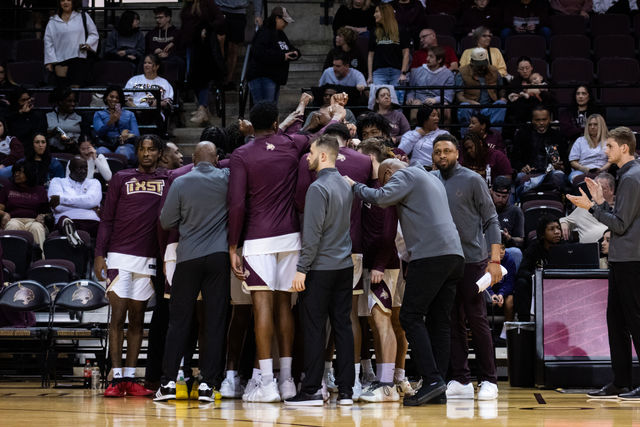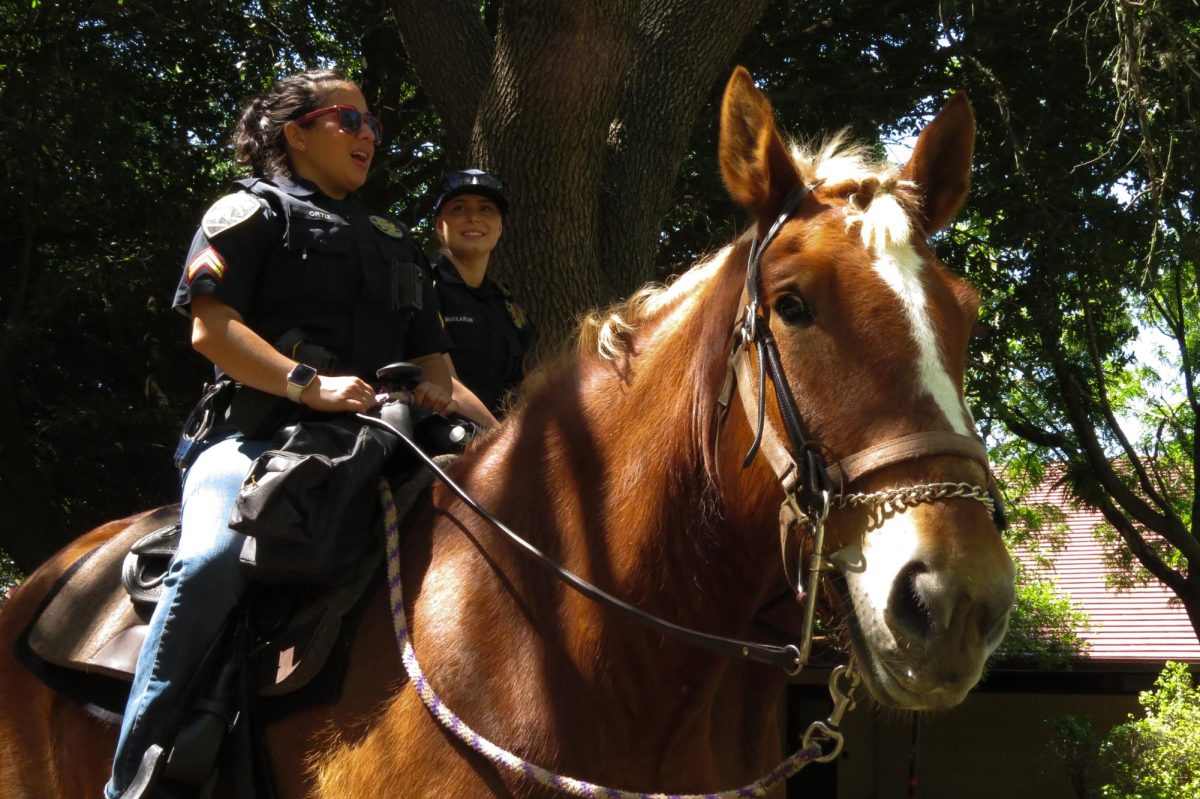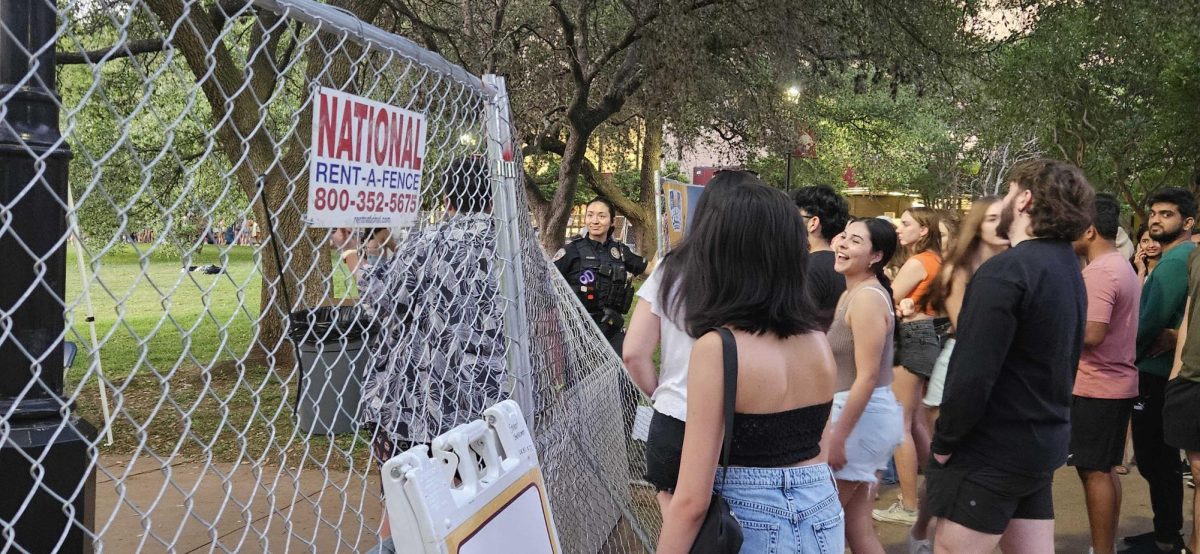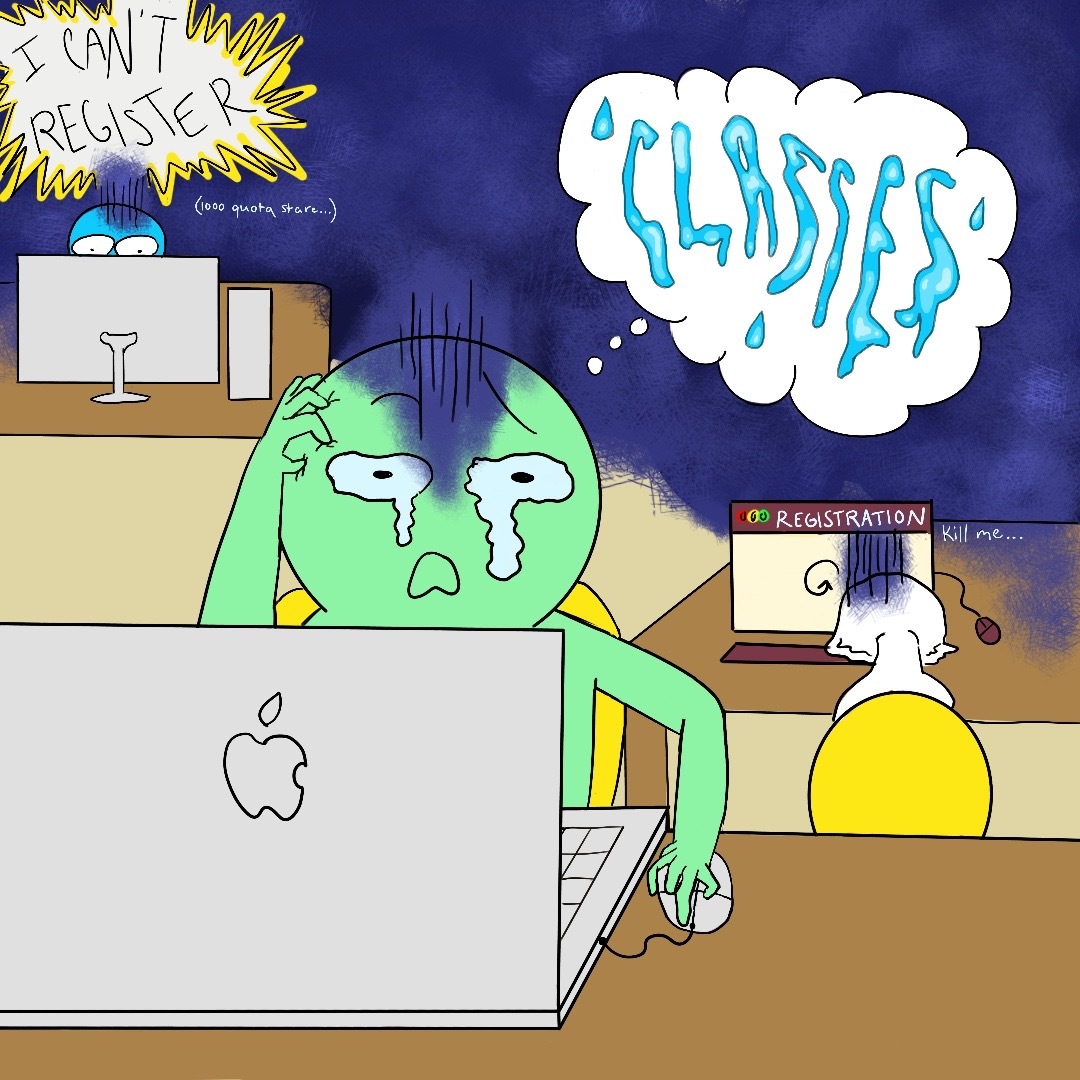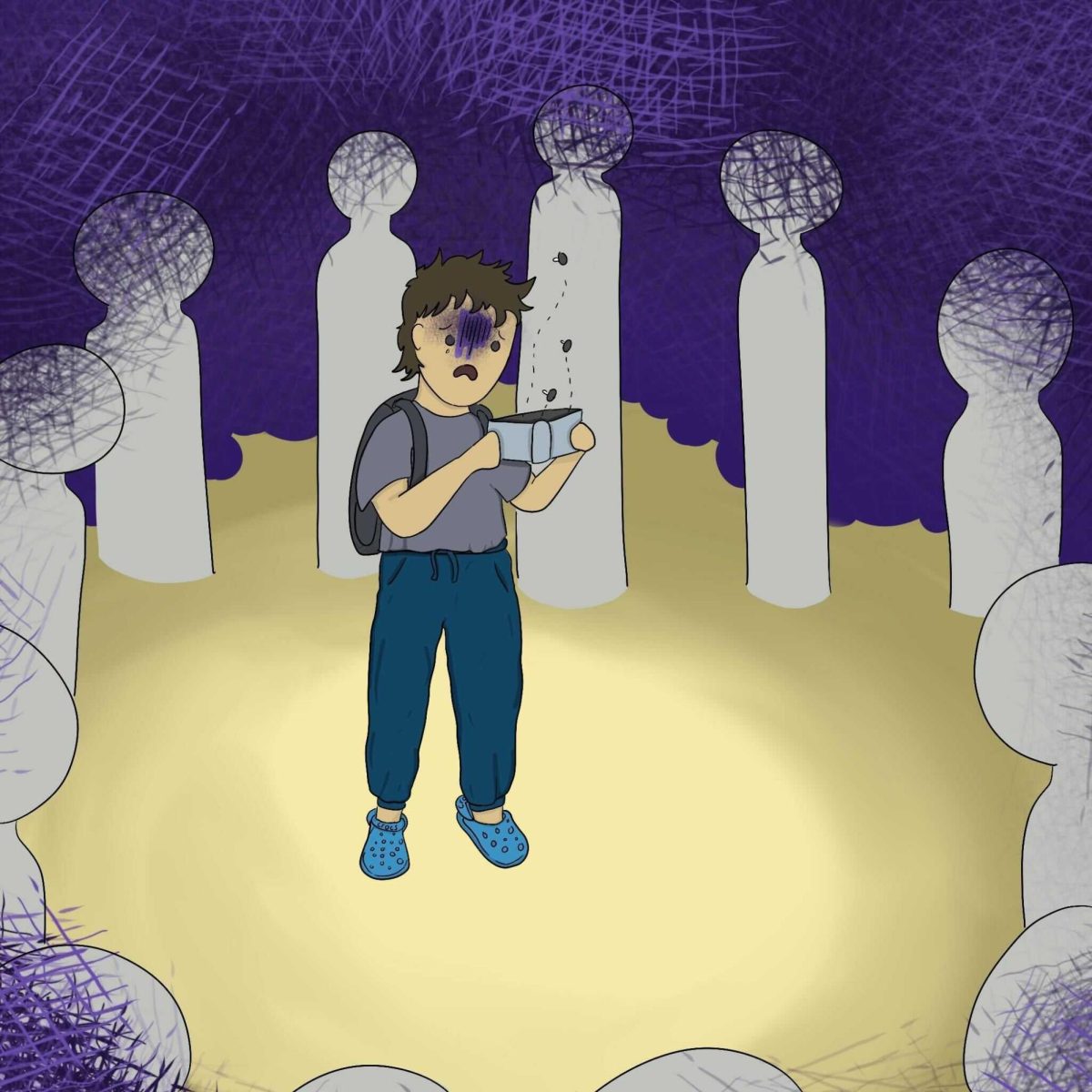The CARES Act, signed into law at the end of March this year, set aside $14 billion for higher education. Of that, Texas State was allocated about $31.8 million, with $15.9 million designated to students’ emergency financial aid.
Aside from Bobcat Cares emergency grants awarded to those who applied, Texas State gave students only $50 per credit hour to offset the cost of enrollment in courses during the summer I and II semesters. However, not all Texas State students are happy about what they received, considering record unemployment numbers and financial uncertainty for many.
The grants were not enough, and only the federal government can help.
Just after the CARES Act passed, the Association of Public and Land-Grant Universities released a statement that said, “it’s all but certain Congress will need to do even more,” pointing out that universities were not entitled to tax credits, as private sector businesses were. It also pointed out that the CARES Act money was not enough to keep research personnel employed; this is entirely true.
Texas State and other universities have already undergone massive budget cuts. They are also instituting hiring freezes, all while faculty fear their contracts may not be renewed. Despite a disturbing, continued rise in COVID-19 cases in Hays County, Texas State will likely insist on opening its doors for in-person instruction starting in the fall 2020 semester—all because it needs the money, despite what university officials might say.
As students and their families find themselves unable to afford tuition due to mass unemployment and furloughs, enrollment will drop. And as enrollment drops, so will revenue, leaving universities in the position they are in now: Budget cuts, faculty and staff layoffs and even facility closures. There is one obvious solution to this: Congress must pass another stimulus bill.
The nation is waiting for a second stimulus bill despite Senate Majority Leader Mitch McConnell’s opposition to it. The earliest we may see another bill passed is August.
The $14 billion for higher education in the last stimulus bill was dwarfed by the $140.6 billion for LLCs and other flow-through entities and the $88.7 billion in tax refunds for corporations experiencing losses over the last five years.
Much of the money sent to businesses has not even been publicly accounted for. The massive amount of money given in the first CARES Act makes legislators concerned about passing another stimulus bill of a similar or even larger size; however, Texas colleges and universities are hurting, and COVID-19 is not going anywhere any time soon. Asking Congress to return taxpayer money to the people who provided it in the first place is not unreasonable.
About half of Hays County’s most recent COVID-19 cases fall within the 20-29 age group. As those students plan their return to Texas State’s campus in the coming months, administrators should not have to choose between students’ safety and the university’s prospects of staying open. When students cannot afford to pay tuition and universities cannot afford not to charge tuition, there is nothing university administrators can do to solve the problem; save begging for more funding.
Surrounding universities are curtailing spending, with schools like St. Edward’s University in Austin cutting sports and the University of Texas at Austin planning faculty layoffs. Texas State promised massive budget cuts across its departments. Faculty members will soon begin to wonder if their jobs or salaries will be next if they have not already.
In the interest of securing employment, not only for university faculty and staff but for the students who are working on degrees that will prepare them for the workforce, the federal government must act soon to disburse more funding to colleges and universities. This is only compounded by the risk to public safety that requires students and faculty to come on campus for classes to justify collecting full tuition and fees from students.
Revenue collection should not outweigh the health and safety of students, faculty and staff. The only way to ensure that a difficult decision is not made is for Congress to make up for the shortfalls colleges and universities are dealing with.
– Toni Mac Crossan is a biology graduate student


